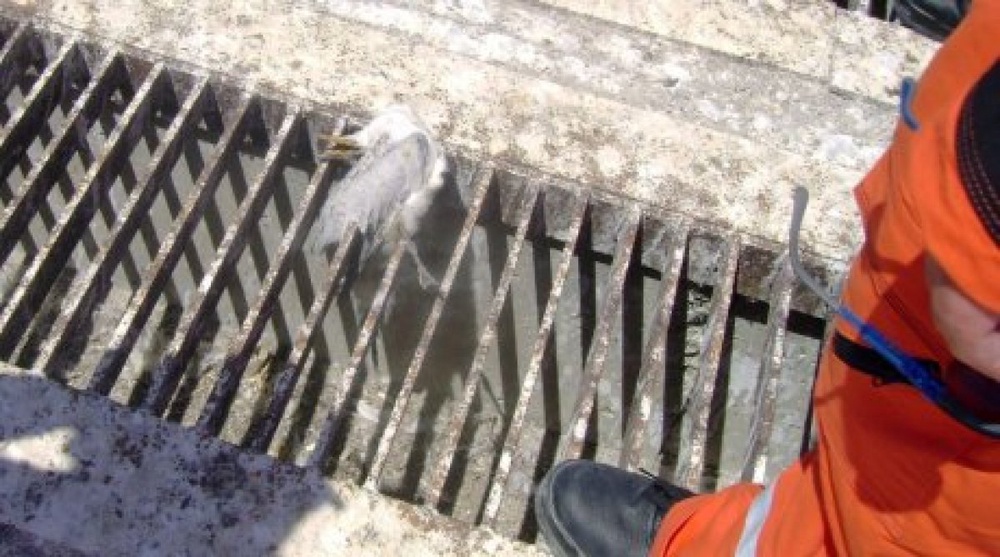
North Caspian Operating Company, the operator of Kashagan oilfield, located in Kazakhstan's sector of the Caspian Sea shelf, was fined $10 thousand for harming the environment, AkZhaiyk writes. 179 dead seagulls that had smashed on frameworks, tubs and metal structures of the oilfields infrastructure were found during the checks of the artificial islands Aktoty and Kairan (North Caspian Sea) made by Kazakhstan authorities in June 2013. NCOC has already voluntarily paid the fine. According to the website, another 1,250 dead birds, mainly seagulls, were discovered at Shalyga island in the Caspian Sea in the end of June 2013, but the State Inspector of the oblast's Territorial Inspection of Forestry and Game Mereke Shalkarova found no link between these dead birds and the oil works at sea. Experts of the State Veterinary Institute in Astana failed to define the cause of the birds' deaths. The case was then transferred to the State Institute of Microbiology. Its preliminary investigation showed that the birds had some virus that would require a 3-months-long laboratory study to identify.





North Caspian Operating Company, the operator of Kashagan oilfield, located in Kazakhstan's sector of the Caspian Sea shelf, was fined $10 thousand for harming the environment, AkZhaiyk writes.
179 dead seagulls that had smashed on frameworks, tubs and metal structures of the oilfields infrastructure were found during the checks of the artificial islands Aktoty and Kairan (North Caspian Sea) made by Kazakhstan authorities in June 2013.
NCOC has already voluntarily paid the fine.
According to the website, another 1,250 dead birds, mainly seagulls, were discovered at Shalyga island in the Caspian Sea in the end of June 2013, but the State Inspector of the oblast's Territorial Inspection of Forestry and Game Mereke Shalkarova found no link between these dead birds and the oil works at sea.
Experts of the State Veterinary Institute in Astana failed to define the cause of the birds' deaths. The case was then transferred to the State Institute of Microbiology. Its preliminary investigation showed that the birds had some virus that would require a 3-months-long laboratory study to identify.

 +7 (777) 001 44 99
+7 (777) 001 44 99



 Қазақша
Қазақша Русский
Русский English
English














































